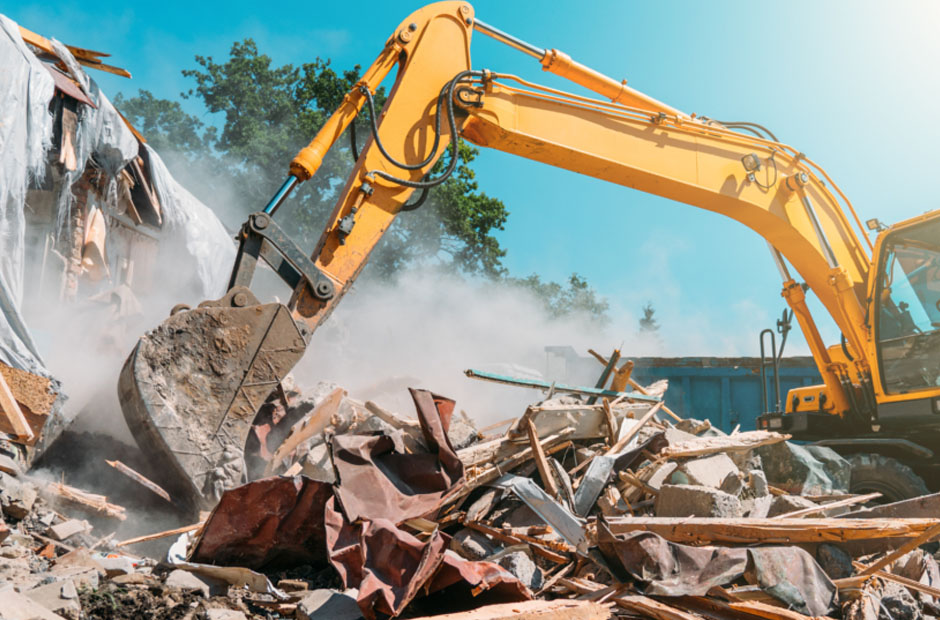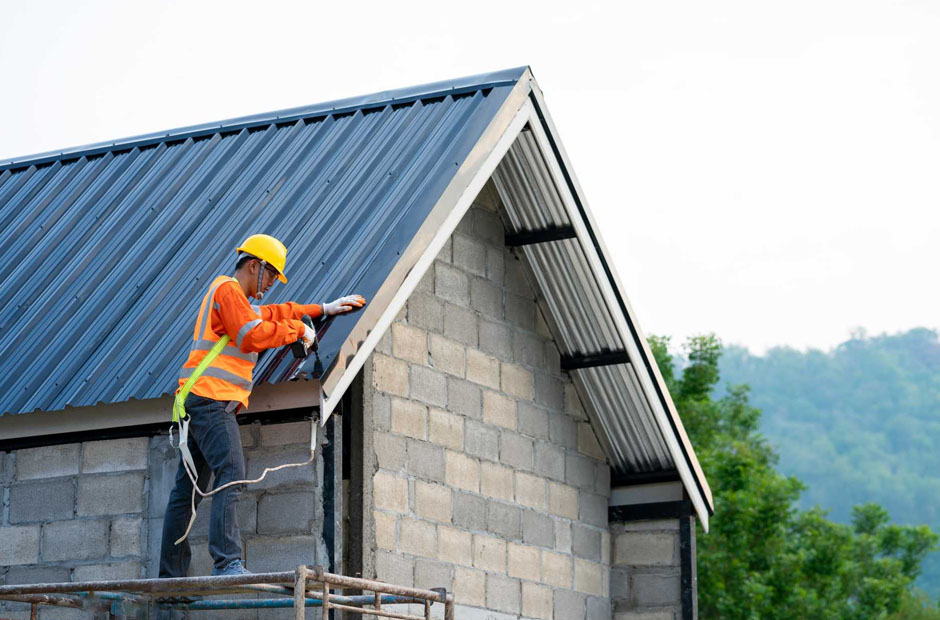Now Reading: How To Reduce Waste in Construction and Demolition
-
01
How To Reduce Waste in Construction and Demolition
How To Reduce Waste in Construction and Demolition

Construction and demolition projects can generate large volumes of materials that require proper disposal. From concrete and steel to wood and drywall, many of these materials are often discarded. Contractors play a key role by incorporating recycling and responsible disposal during projects. This helps preserve resources, minimize landfill use, and promote cleaner working environments. Here’s how to reduce waist in construction:
Understanding the Value of Recycling
Recycling during demolition offers an efficient way to reduce waste. Materials like concrete can be crushed and reused as aggregate, while metals such as steel and aluminum are recyclable and can be turned into new products. Wood is another material to be salvaged for reuse in future construction projects or repurposed for other applications. When a contractor prioritizes recycling, it helps reduce the demand for raw materials and lessens the project’s environmental footprint. This process creates a cleaner work environment by sorting debris.
Sorting and Separating Materials
One effective way to reduce waste in construction is to implement storage systems directly on-site. Separating materials into categories such as concrete, metals, wood, and mixed debris allows contractors to identify what can be recycled. This process requires careful planning and coordination to help reduce waste.
Sorting also increases efficiency during the cleanup phase. Recyclable materials set aside from the start means less time spent on managing debris. Contractors who integrate sorting and recycling into their services help to streamline waste management. They can throw away unnecessary waste while keeping recyclable materials.
Partnering With Recycling Facilities
To maximize the effectiveness of recycling efforts, contractors might collaborate with recycling facilities. These facilities offer equipment to process large volumes of materials, including a variety of metals. These partnerships salvage materials and properly repurpose them for new uses, rather than discarding them. Contractors may assist in transporting recyclables to the designated facilities. By streamlining this process, they support compliance with local disposal and recycling regulations.
Reducing Waste Through Planning
Before starting the demolition project, contractors should evaluate the materials they plan to recycle. This enables contractors to anticipate the types of materials that will be generated during the project. They can plan strategies for recycling or disposal. A detailed plan includes mapping out where recyclable materials will be stored or how they will be transported. It also determines the necessary equipment to separate them efficiently.
This proactive approach helps reduce the chance of materials being overlooked. It supports projects in staying on schedule, allowing waste management to be integrated into the demolition process. Planning for recycling makes sure that resources are used to their fullest potential and that waste reduction goals are consistently met.
Recycle During the Demolition Process
By recycling and reusing materials, contractors help protect the environment. These practices not only support waste reduction but also reduce landfill waste. Choosing a service that prioritizes recycling demonstrates a commitment to sustainability. With the right contractors, reducing waste in construction becomes a straightforward and achievable process. Start your search for a demolition contractor today to learn more about their recycling processes.





















